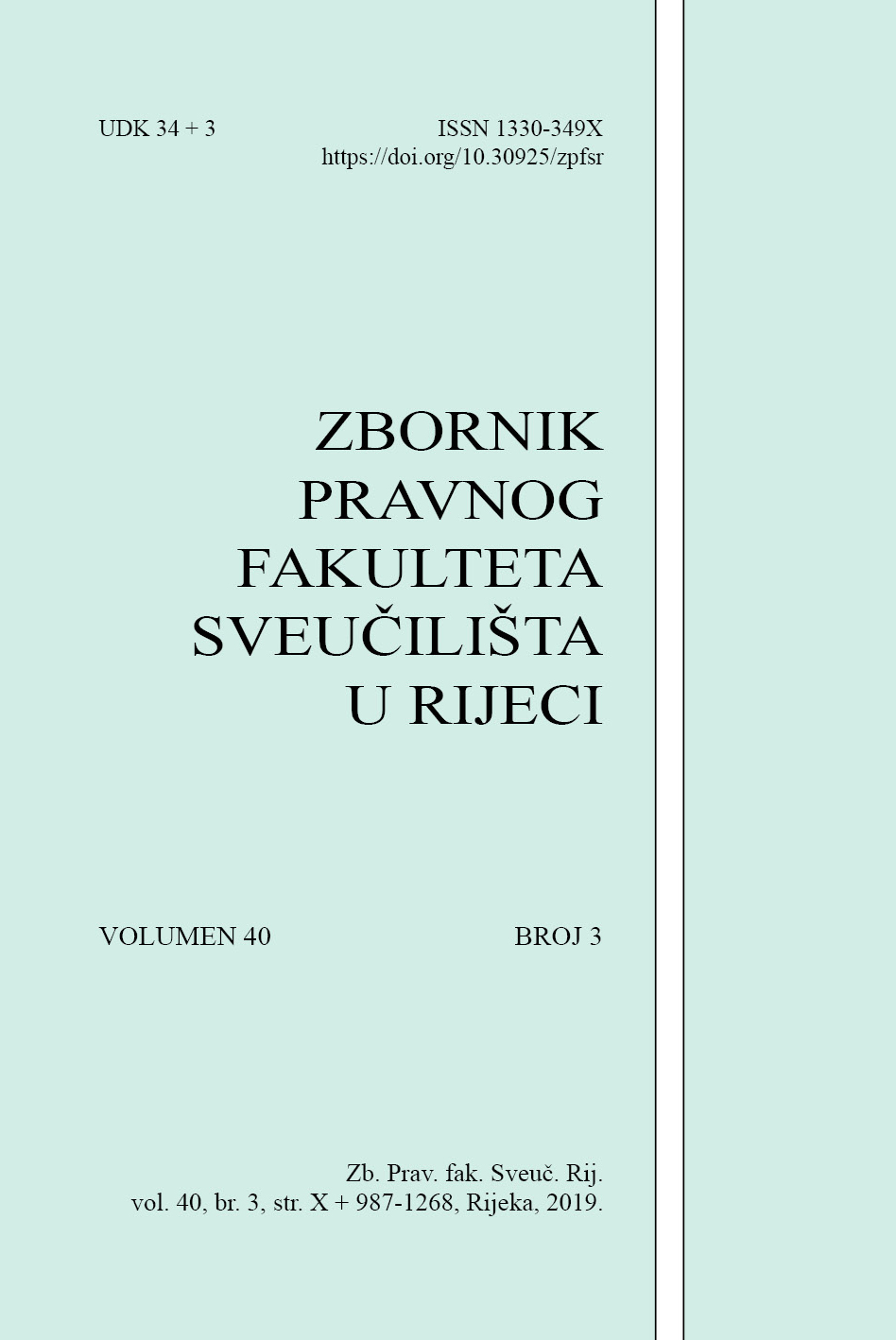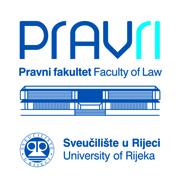MIGRATION CRISIS IN THE EUROPEAN UNION
CHALLENGES, EUROPEAN SECURITY AND THE PROTECTION OF FUNDAMENTAL RIGHTS
DOI:
https://doi.org/10.30925/zpfsr.40.3.11Keywords:
migrations; European Union; asylum policy; Common Asylum System; human rightsAbstract
The EU was founded on economic integration, but it has expanded its areas of competence over the years. Institutions of the EU have also expanded their jurisdiction, while the promotion of peace and values common to the member states as well as creation of a space of freedom, security and justice have become fundamental values of the EU. Significant changes occurred also in the field of asylum policy. Informal cooperation in the 1970s has grown into an institutional one and resulted in creation of a common asylum system. The highlights of the migration crisis in 2015 showed all the shortcomings and pointed to the necessity of reforming the existing common asylum system. The paper shows the impact of migration movements towards the EU on the perception of its citizens on the key problems. Analyzing the ratio between the number of asylum applications submitted to the EU and the problems identified as key problems in EU by EU citizens proves the assumption that increase in migrant arrivals and the increase in the number of asylum applications in member states has contributed to the recognition of migration as a key problem.
Additional Files
Published
How to Cite
Issue
Section
License
Collected Papers is an open access journal. Journal does not charge article processing charges (APC) to authors. It is licensed under CC BY-NC licence 4.0.
Collected Papers of the Law Faculty of the University of Rijeka" is an Open Access journal. Users are allowed to read, download, copy, redistribute, print, search and link to material, and alter, transform, or build upon the material, or use them for any other lawful purpose as long as they attribute the source in an appropriate manner according to the CC BY licence.
The papers published in "Collected Papers of the Law Faculty of the University of Rijeka" can be deposited and self-archived in the institutional and thematic repositories providing the link to the journal's web pages and HRČAK.
Upon acceptance of the manuscript for publication by this journal, the author can publish same manuscript in other journals only with the permission of the Editorial Board (secondary publication). A repeated publication should contain a notice as to where the manuscript was originally published.



